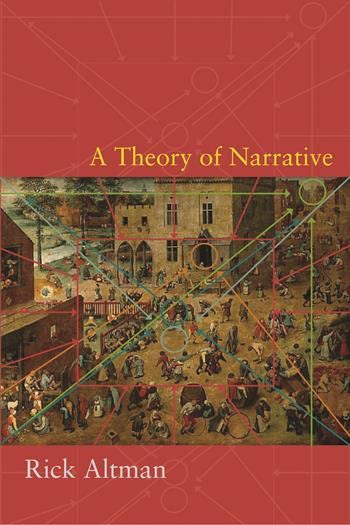Narrative is a powerful element of human culture, storing and sharing the cherished parts of our personal memories and giving structure to our laws, entertainment, and history. We experience narrative in words, pictures, and film, yet regardless of how the tale is told, story remains independent from the media that makes it concrete. Narrative follows humans wherever they travel and adapts readily to new forms of communication. Constantly evolving and always up-to-date, narrative is a necessary strategy of human expression and a fundamental component of human identity.
In order to understand human interaction, award-winning scholar Rick Altman launches a close study of narrative's nature, its variation in different contexts, and the method through which it makes meaning. Altman's approach breaks away from traditional forms of analysis, identifying three basic strategies: single-focus, dual-focus, and multiple-focus. Unpacking an intentionally diverse selection of texts, Altman demonstrates how these strategies function in context and illustrates their theoretical and practical applications in terms of textual analysis, literary and film history, social organization, religion, and politics. He employs inventive terminology and precise analytical methods throughout his groundbreaking work, making this volume ideal for teaching literary and film theory and for exploring the anatomy of narrative on a more general level.

